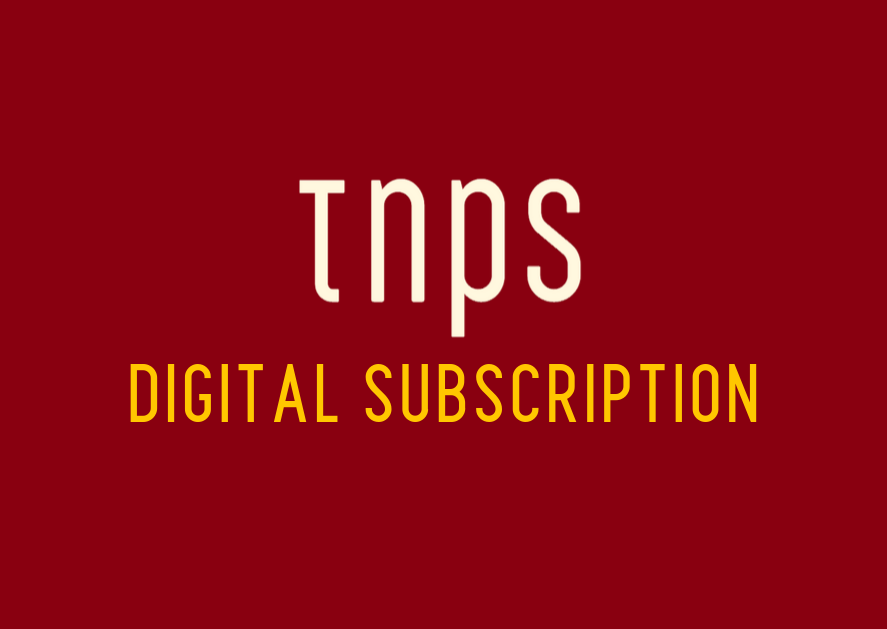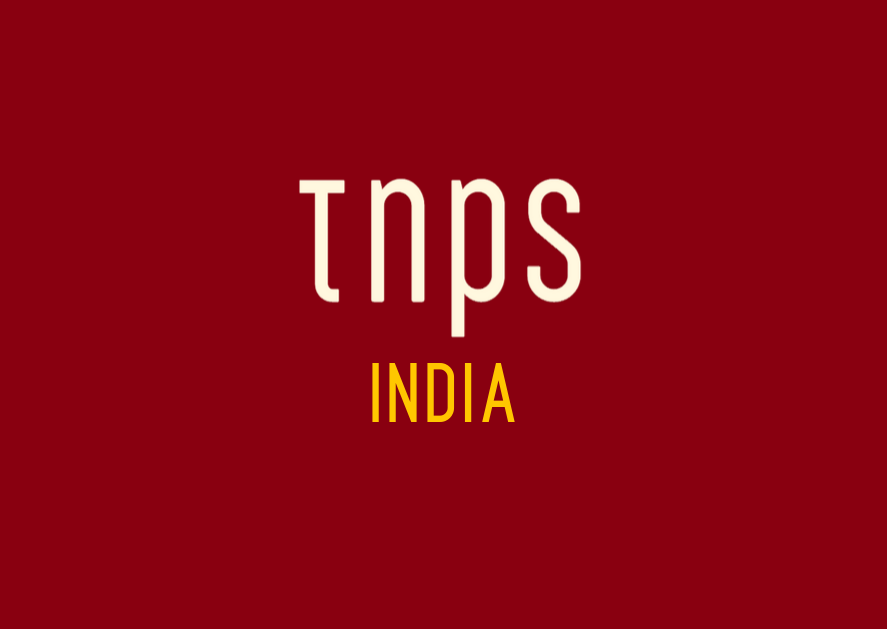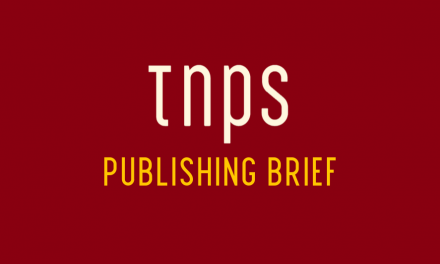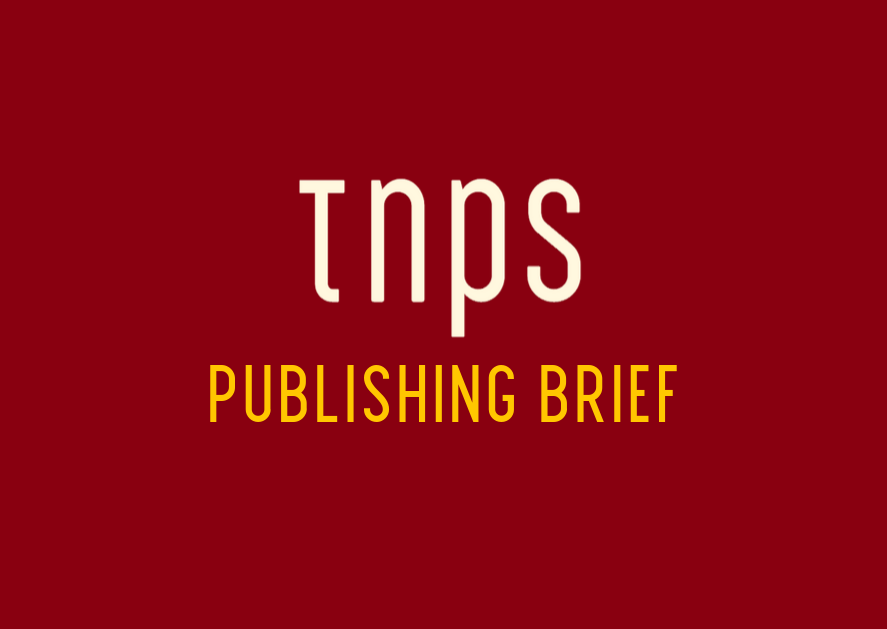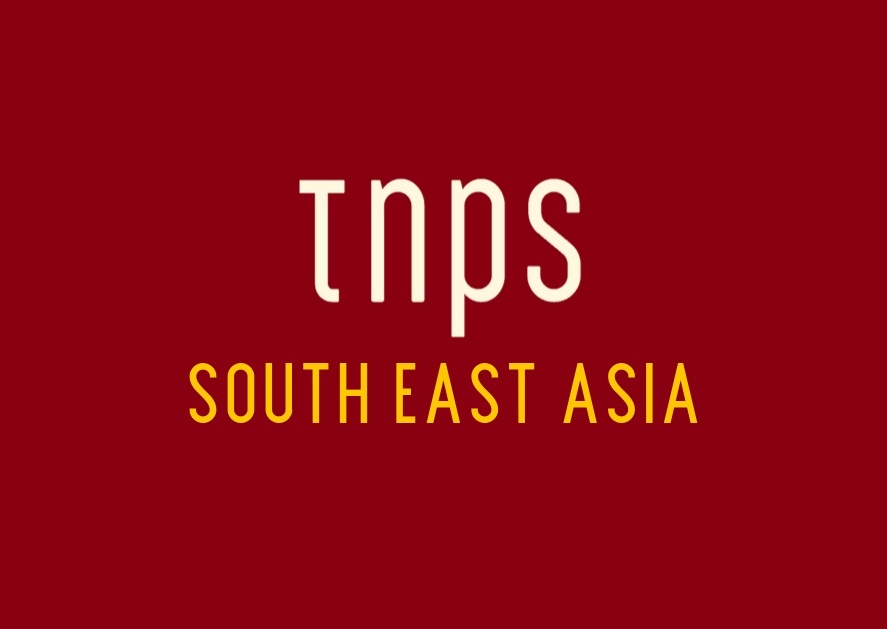As Pandemic Y2 prepares to silently extend to Pandemic Y3 it becomes more and more likely publishers, acting together or with tech partners like Beat Technology, are going to quietly shift to subscription. Not because they want to, but because they know they have two choices. Embrace subscription and keep a semblance of control, or be dragged screaming into subscription by Amazon with no control.
As the second largest east European country by population (after Poland, and excluding Russia), and with 14 million people online but with internet penetration at less than 74%, it comes as no surprise that Romania is joining the audiobook subscription club countries.
But eyebrows might be raised that none of the “Big 3” Nordic players – Storytel, Nextory and BookBeat – are involved, and nor, of course, is Audible, which continues to treat the east European book markets as a no-go area.
But 14 million people is not an audience to be sneezed (almost thrice as many as Finland or Norway, and half as many again as Sweden), and the Pandemic has of course breathed new life into ecommerce across eastern Europe as around the world.
This week comes news that one of Romania’s biggest online book retailers, Libris.ro, has acquired EUR 4 million ($6.7 million) in new investment, topping up a previous influx of EUR 5 million, to expand its service.
Libris is marking its thirtieth anniversary and the money will go towards expanding the Brasov warehouse and improving the website.
The operation of course competes with other online booksellers, bricks and mortar stores, and ebook retailers, which until now have been led by the main rival to Libris.ro, Elefant.ro, which sells print and ebooks.
Audiobooks, not so much, At least not digital audiobooks, but that is changing fast, and in the mix Elefant.ro may face some stiff competition in the ebooks sector.
Back in July we learned of Echo, a new subscription platform for audiobooks, since launched by a bunch of Romanian publishers with Nathan Hull’s Norway-based Beat Technology handling the nuts and bolts.
Per a report in Publishing Perspectives, Hull asserted Romania has over 3 million digital podcast fans – which would equate to almost a quarter of Romania’s internet users.
No surprise then that Hull and Beat Technology saw an opportunity in Romania as ripe for digital audio, and lunched the platform with Romanian publishing house Nemira and the backing of Romania’s biggest bookstore chain Cărturești.
Interestingly Echo chose not to go down the unlimited subscription path, but rather offers a three-tiered credits system whereby the consumer can sign up for 2, 3 or 5 credits per month, which will respectively cost them, per the Echo website’s current pricing (up from the fees stated in Publishing Perspectives in July) EUR 8.49, EUR 12.49 or EUR 19.99.
That’s not a bad deal on a per title basis, but relies on the consumer finding enough content to warrant the subscription, which in turn needs more publishers to come on board.
Publishers may prefer the credits system to the unlimited “all you can eat” model, but Echo will soon be facing direct competition from just such an unlimited model as a new platform prepares to launch in October.
Provisionally called Storis, but apparently with plans to change to Voxa, the new platform will offer the unlimited model and if it can pull publishers in may well have the advantage with consumers. It will also include ebooks. As yet it is not clear if ebooks are, or will be, part of the Echo platform.
Per an interview on the iLikeIt show Storis CEO Cătălin Meșter said Storis would launch with 600 audiobooks in Romanian and about 10,000 English-language titles, with 6,000 ebooks.
Storis is backed by Romania’s biggest publishers, Litera, which has pumped EUR 300,000 into the project and is seeking other publishers too come on board for the October 15 launch (pushed back from late-August-early September as announced in June). Storis has its own recording studios, but it is not clear if this is for original, commissioned content or simply to bring to life existing titles from its publisher partners.
Storis CEO Cătălin Meșter was blunt about the current state of the market. In an interview given back in June, before Echo launched, Meșter addressed the chicken-and-egg problem so often raised here at TNPS. Meșter said:
The digital book market is quite advanced in Europe, only in Romania there are no sales, there is no application and there is no distribution channel for digital books.
We have our studios, 6 studios where we record every day, they are narrators who give life to books – like Şerban Pavlu or Mihai Călin, we work until midnight, we work at a very, very alert pace precisely because all the world knows that this digital content revolution is coming and the pandemic has accentuated this. In the UK the digital book is at 21% of the book market, a book market of 3.3 billion pounds. In Sweden, the digital book exceeds 40%, everyone knows that this is the future. We are in a hurry to bring the content on the Romanians’ phones as soon as possible.
We initially target the business, corporate and fictional worlds. Now the audio trends are clear, with podcasts growing. Indeed, the audio book market in Romania is zero, i.e. this year it is somewhere around 0.1% and we are talking about CDs. There are no studies because there is no market. There is no market because there was no application to give content and there was no specific content in Romanian.
The bigger picture here is the way digital books start-ups are proliferating across Europe and the world, often led by publisher-based initiatives, in contrast to in the mature western markets where publishers blindly hand control to digital-services providers and then whine about how hard done by they are.
Might that change?
In fact it’s more than likely, although rumours that PRH is, behind closed doors, planning its own subscription service, are for now no more than speculation.
But as Pandemic Y2 prepares to silently extend to Pandemic Y3 it becomes more and more likely publishers, acting together or with tech partners like Beat Technology, are going to quietly shift to subscription.
Not because they want to, but because they know they have two choices. Embrace subscription and keep a semblance of control, or be dragged screaming into subscription by Amazon with no control.

